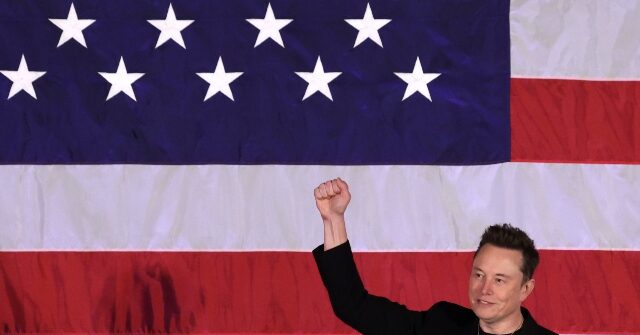The Center for Countering Digital Hate (CCDH), a controversial organization linked to the UK’s Labour Party, is actively attempting to undermine Twitter, now rebranded as X, under the leadership of Elon Musk. Internal documents obtained by journalists reveal that the CCDH’s primary objective is to disrupt the platform’s financial support by pressuring advertisers to withdraw their funding. This coordinated strategy aims to diminish one of the few social media platforms that uphold relatively open discourse, sparking outrage from Musk, who characterized this initiative as a form of war against free speech.
According to the documents, the CCDH’s agenda includes efforts to bolster its influence with the Biden-Harris administration and notable pro-censorship Democrats, such as Senator Amy Klobuchar. Klobuchar has been vocal about regulating online misinformation, aligning with the CCDH’s goals to achieve regulatory oversight over digital platforms. The CCDH appears to advocate for the establishment of stringent measures similar to the European Union’s Digital Services Act and the UK’s Online Safety Act, both designed to impose accountability on platforms exhibiting what they define as harmful content.
In pursuing its objectives, the CCDH has outlined plans for a series of strategic meetings in Washington, D.C., aiming to foster relationships with congressional offices and push for more aggressive regulation of social media platforms. These encounters are part of a broader initiative to mobilize support for its pro-censorship agenda, which Musk argues is tantamount to foreign meddling in American elections. He has expressed intense opposition to the CCDH, declaring a commitment to take action against the organization and its backers, which he believes pose a significant threat to the platform’s integrity.
The founder of CCDH, Morgan McSweeney, is noted for his close ties to political figures, including a current advisory role in Vice President Kamala Harris’s campaign. This connection raises further concerns about intersectionality between international efforts to regulate online discourse and domestic political dynamics in the U.S. Musk’s allegations of foreign interference have brought attention to the CCDH’s activities and heightened scrutiny of its compliance with the regulations it seeks to impose on digital platforms.
Reporting on the developing situation highlights how institutions with potential political agendas are increasingly engaging in the digital landscape, leveraging their influence to shape online discourse and user experience. As the lines between domestic policy and international influence blur, the implications for freedom of speech and expression on social media become more pronounced, leading to ongoing debates about the role of regulation versus the principles of open dialogue.
In response to these unfolding events, media outlets and stakeholders continue to monitor the CCDH’s moves and Musk’s counteractions, signaling a growing concern about the future of social media platforms like X. With polarized narratives surrounding censorship and free speech, the outcome of this conflict may have far-reaching consequences for digital communication, regulatory practices, and the political landscape in both the U.S. and abroad.

